Vesselin Dimitrov’s proof of the Schinzel-Zassenhaus conjecture quantifies the way special values of polynomials push each other apart.
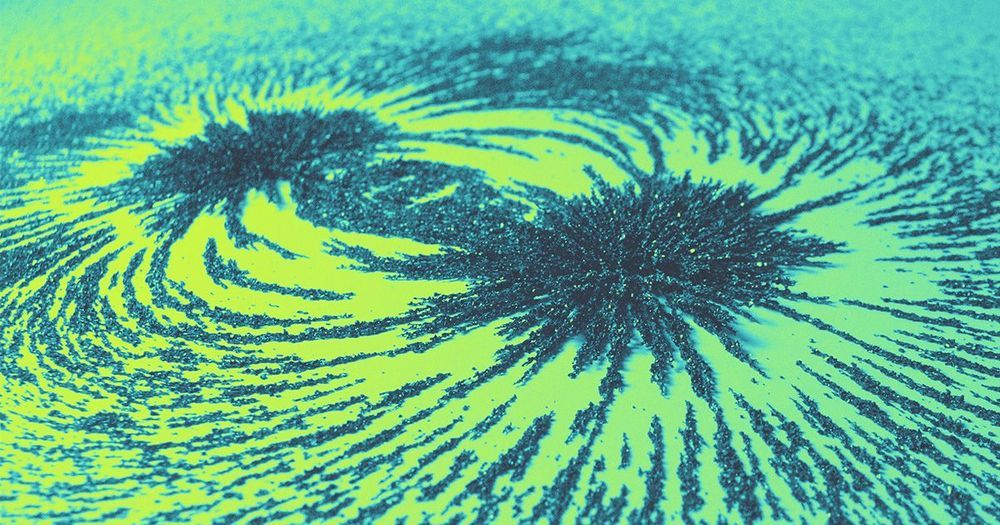

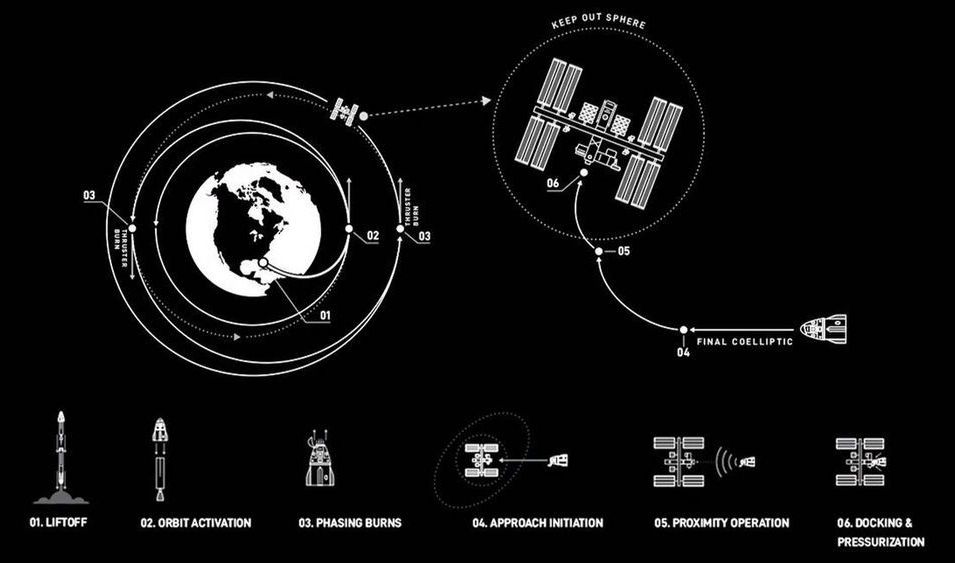

Brain injuries can vary greatly in their severity, but assessing the extent of the damage is far from a simple undertaking. Scientists in the UK have developed a new AI algorithm that could help narrow the margin for error, with the ability to detect and categorize different types of brain lesions to gauge the impact of an injury.
One of the tools doctors use to assess brain injuries is a CT scan, which can reveal signs of damage, such as lesions, on the brain. But analyzing these scans to reach a diagnosis is a time-consuming process for radiologists, and given the complex nature of the organ, it can see tell-tale signs often overlooked.
“CT is an incredibly important diagnostic tool, but it’s rarely used quantitatively,” said Professor David Menon, from the University of Cambridge and senior author of the new study. “Often, much of the rich information available in a CT scan is missed, and as researchers, we know that the type, volume and location of a lesion on the brain are important to patient outcomes.”
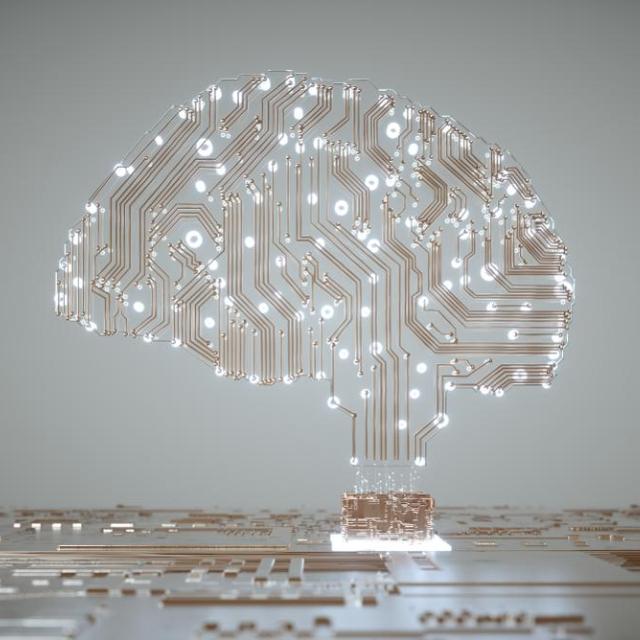
“A wealth of information creates a poverty of attention,” said Andy McMurray, co-founder and CIO of Medal, an AI-based software company developing tools for health care, during an interview with Healthcare IT News.
This is especially true in the operating room, where surgery teams at the University of Iowa Hospital have reduced surgical site infection by 74% using DASH Analytics’ high-definition care platform (HDCP). This system observes data from the operation in real time and compares it to a patient’s history and its own infection models. Toward the end of the procedure, it automatically provides the surgeon with recommendations to reduce infection during wound closure. Furthermore, it notes whether the surgeon follows its suggestions or not and compares that to the outcome of the patient. This information is then used to both improve its infection model and improve the surgeon’s own performance in future surgeries.
Advances in AI build off of each other. One breakthrough opens the doors for more possibilities in the future, which in turn leads to even more breakthroughs at an exponential rate. Just as the Industrial Revolution automated back-breaking physical labor, the AI Revolution is poised to automate mind-numbing mental labor. Based on what we’ve seen in the last 10 years alone, we can expect to see this boom very soon.
A source familiar with the matter told Electrek that Tesla has chosen Austin, Texas for its next factory and it’s going to happen quickly.
The race to secure Tesla’s next factory is apparently over.
According to a reliable source familiar with the matter, Tesla CEO Elon Musk is set on bringing the next Tesla Gigafactory, or now Terafactory, to Austin, Texas, or at least close to the city.
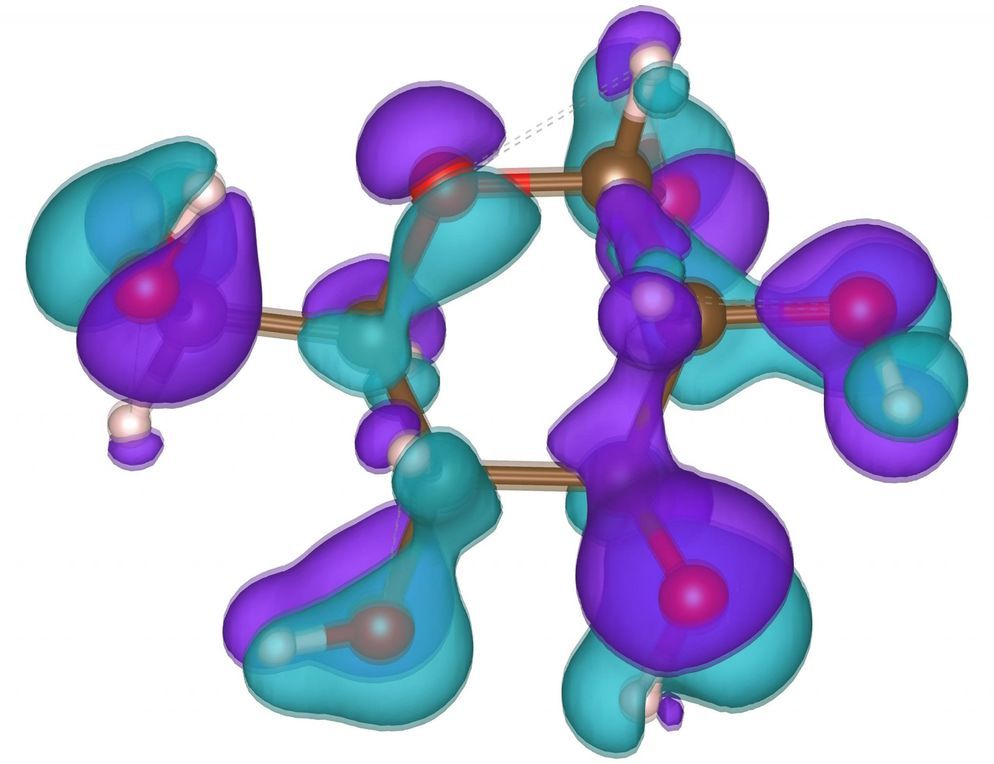
Rice University engineers adapt 2D ‘sandwich’ for surface-enhanced Raman spectroscopy.
A sandwich of molybdenum, sulfur, and selenium turns out to be deliciously useful for detecting biomolecules.
Tests at Rice University’s Brown School of Engineering of a two-dimensional Janus compound showed it could be an effective and universal platform for improving the detection of biomolecules via surface-enhanced Raman spectroscopy (SERS).
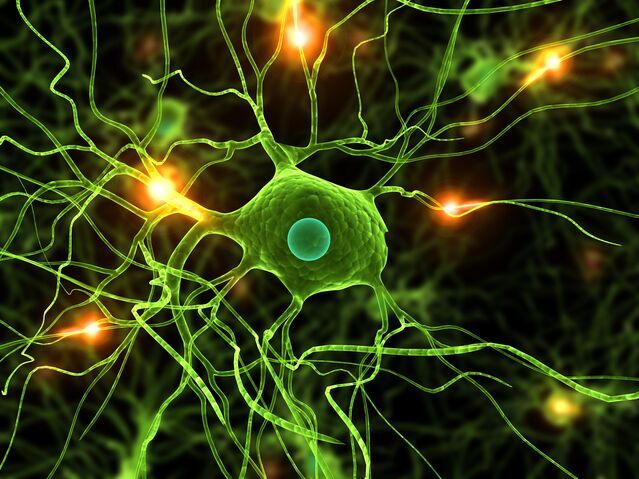
Will we ever live on Mars?
Since the dawn of the Space Age, the planet Mars has been the focus of two ambitious projects. One is the search for life forms native to the planet; the other is human colonization.
For decades, Mars colonization advocates have been promising potential settlers that the time for leaving Earth is nearing. In fact, in terms of producing the actual space hardware—the capability to transport large numbers of passengers into space and the engines and life support to ferry them safely to Mars—we’re not much closer to a Mars colony than we were in 1972, when the last Apollo lunar mission returned to Earth, so don’t sell your house on Earth just yet. On the other hand, we’ve had one mind-blowing discovery after another about Mars as a result of unmanned exploration conducted over the last decades by NASA.
The evidence that the planet is home to microscopic lifeforms—something akin to Earth’s bacteria—has been accumulating slowly, but consistently. While few astrobiologists are ready say that, yes, there’s life there, until we have a photo of microorganisms swimming in the microscope field, that moment is really approaching. And we’ll probably get to it long before the first astronaut boots cast their prints into the Martian surface dust.
Education Saturday with Space Time.
To quote eminent scientist Tyler Durden: “On a long enough timeline, the survival rate for everyone drops to zero.” Actually… not necessarily true. If the quantum multiverse is real there may be a version of you that lives forever.
F we can’t ever peer into these other realities that are used to explain quantum mechanics, how do we know they exist? In order to understand what happens to those different branches, and to understand why we find ourselves in one of them, we need to embrace one of the interpretations of quantum mechanics. For example, the Copenhagen interpretation, which says that thefunction branches that we don’t observe somehow vanish at the moment of measurement. Or the Many Worlds Interpretation, which states that those other branches are just as valid as ours – implying that reality may split and multiply in all possible ways. In that case, we only see one branch because we live in that branch, and the others are rendered inaccessible by decoherence. But today I’m going to offer a test. Admittedly NOT a very useful one – but one that’s fun to think about. We’ll call this test quantum immortality. It’s based on the famous Schrodinger’s cat thought experiment.
The stem cell treatment is derived from human placentas and is being developed by New Jersey biotech company Celularity. The early-stage trial will include up to 86 coronavirus patients with symptoms who will receive infusions of the stem cell therapy to assess the its safety and whether it prevents the patients from developing more severe illness, The New York Times.
The stem cells from the placenta used in this treatment are “natural killer” cells that guard a developing fetus or newborn from viruses in the mother. Celularity has been testing this treatment approach in cancer patients.
Initial results from the early trial are expected 30 to 60 days after the first patients receive their dose, Dr. Robert Hariri, Celularity’s founder and chief executive, told The Times.